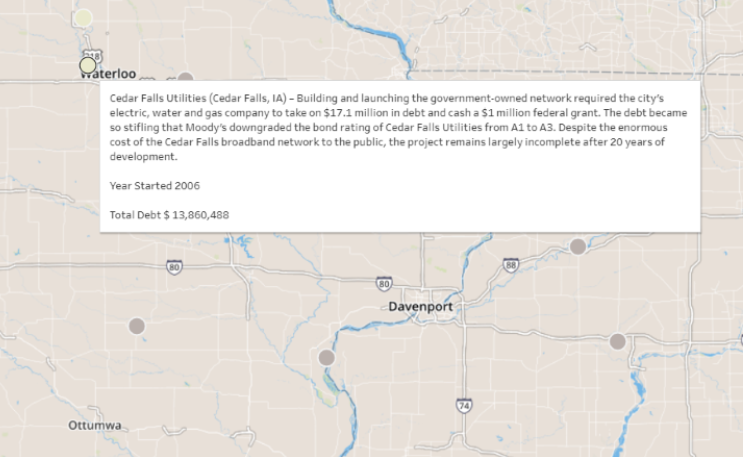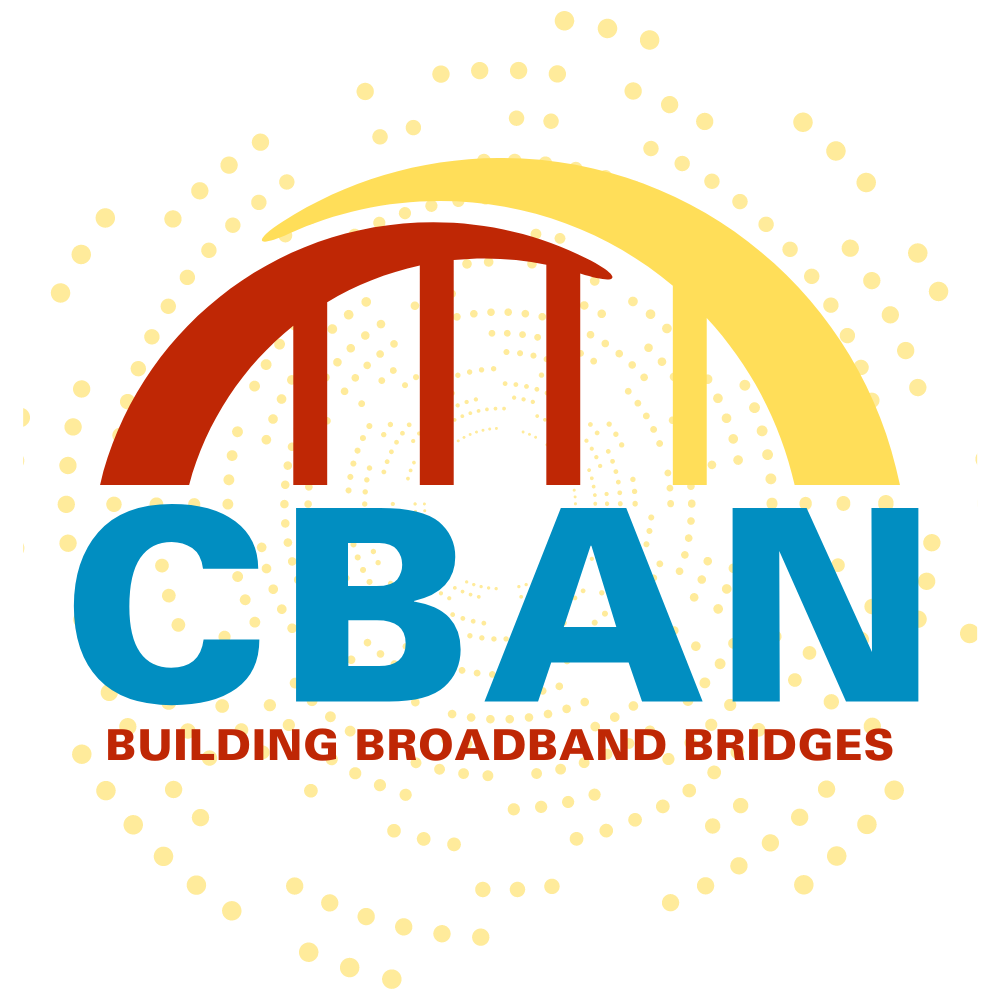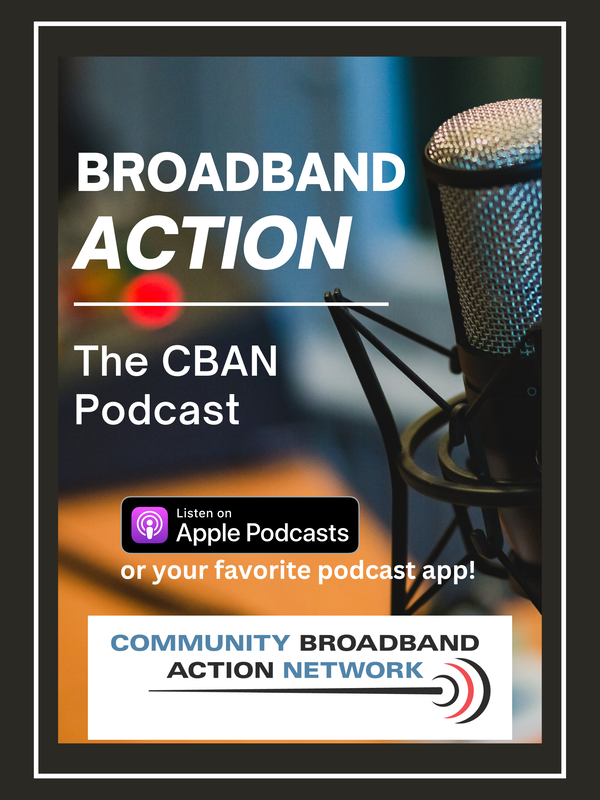|
Recently, a member of the Municipal Broadband group on Facebook (check it out!) pointed out a website entitled "Broadband Boondoggles: A Map of Failed Taxpayer-Funded Networks". (url is www.munibroadbandfailures.com). Markers on the map of the US show communities that have municipal broadband projects. By clicking on one of the markers, you get an explanation of why the websites authors, the Taxpayers Protection Alliance Foundation, thinks that city's broadband is a boondoggle. So, what does it have to say about some of the municipal broadband utilities that we are most familiar with? Let's start with Cedar Falls Utilties. I particularly love the line "Despite the enormous cost of the Cedar Falls broadband network to the public, the project remains largely incomplete after 20 years of development." They also don't seem to get the "year started" right. The fun continues. Here's the entry for another of Iowa's successful municipal broadband projects, Spencer Municipal Utilities. One indication of the care (or lack therof) the authors took to create their boondoggle map is the fact that they have a marker on the map for Webster City that misses the city's actual location by about 100 miles. Details, details. The Institute for Local Smuninetworks.org/elf Reliance's broadband team (https://muninetworks.org/) has taken great care over the years to count false claims such as the ones propogated on this website. CLICK HERE to check out some of their fact checking efforts. Like most anti-municipal broadband efforts over the years, this website uses colorful and misleading language to paint the least flattering picture possible. Debt, necessary to build any public infrastructure, is referred to as "budget-busting" , "crushing", and "drowning in debt". They also continually refer to "taxpayer funded" networks that in fact are only secured by revenue from the telecom utility itself. So, what is the Taxpayer Protection Alliance Foundation? Without spending a tremendous amount of time researching the group, it appears that they are supported by various anti-government groups and activists and have, at least in past years, accepted donations from large telecommunications carriers. From their website: The Taxpayers Protection Alliance Foundation (TPAF) is a non-profit non-partisan organization dedicated to educating the public through research, investigative reporting, and analysis about the effects of excessive taxation and spending by all levels of government. TPAF will also educate the public about government transparency and openness in the United States and around the world. Through blogs, commentaries, special spending alerts, and media appearances, TPAF will publish timely exposés of government waste, fraud, and abuse. Recognizing the importance of reaching people through traditional and new media, TPA will utilize use blogs, Twitter, Facebook, and user-generated videos to reach out to taxpayers and government officials. While the group promises to "educate the public about government transparency and openness", they don't bother to reveal much about their own financial backing. The problem with groups such as this and the junk studies they produce is that while they cannot change the facts through their falsehoods, they can create an impression among some decision makers that municipal broadband is risky. That impression can slow momentum toward solving broadband deficits in communities through municipal participation in solutions. The real danger is that this static drowns out the positive story that American's community-owned broadband networks have to tell.
1 Comment
|
Broadband Bytes NewsPresented by the Community Broadband Action Network and curated by Curtis Dean. Archives
July 2024
Categories
All
|






 RSS Feed
RSS Feed
